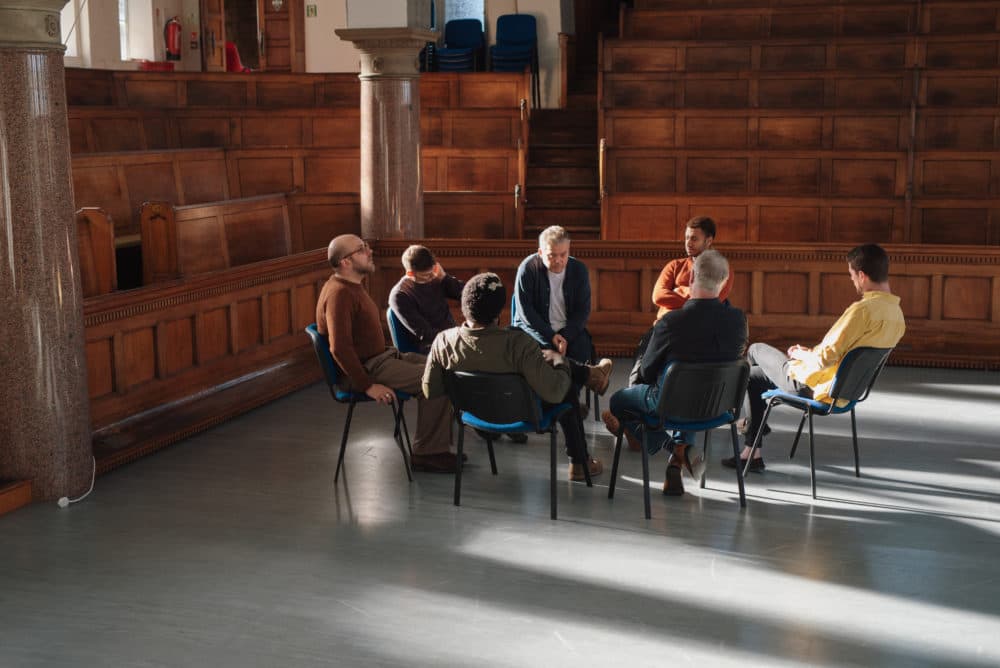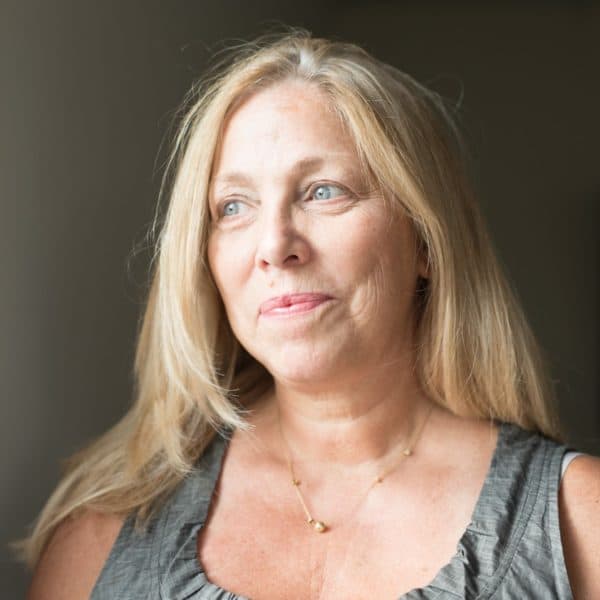Advertisement
Commentary
Sexual abuse ruined my life. Then I worked with sex offenders

I couldn’t imagine a more triggering experience than sitting in a room of sex offenders. I had been sexually assaulted as a child, and for years I was scared to be alone in my house or go out after dark, or even, lie in my own bed at night.
Although my therapists and friends told me that what happened to me was wrong, none of my perpetrators had acknowledged that they hurt me. No one had ever asked for my forgiveness or acknowledged that they had changed my life forever. I'd had years of therapy but I still had not substantially healed.
So my choice to co-facilitate a restorative justice group for sex offenders in a state prison was not an easy one. As a psychologist and an activist drawn to the idea of survivor-centered approaches to addressing violent crime, I had co-facilitated restorative justice groups with incarcerated men and women but never a group of sex offenders. I was scared and at the same time, I wondered if this group might answer questions for me.
What does someone who hurts women or children think about what they did? Would their words help me to understand what had happened to me? Would the group propel me to remember more of what happened to me, allowing me to fill in the holes in the Swiss cheese that was my memory? I knew there might be costs to facilitating this group but I was feeling an urgency to participate and maybe come to know myself better.
... I was scared to be alone in my house or go out after dark, or even, lie in my own bed at night.
For me, sex offenders were nameless, faceless, inhuman. Yes, I dehumanized them just as I had been dehumanized. What would I hear and would it serve to fuel my idea that perpetrators were monsters? But monsters can’t be helped. They can’t ever change. Doesn’t that make the world even scarier?
I had heard that restorative justice was not used with sex offenders because they were beyond redemption. Governor Charlie Baker recently commuted the first-degree murder sentences of Thomas Koonce and William Allen, two men who engaged in restorative justice while in prison. There are very few programs in the United States that offer restorative opportunities for people who have committed sexual harm and survivors of sexual assault.
Restorative justice is borrowed from Indigenous practices and used in the U.S. as an alternative to more traditional forms of criminal justice. The approach asks those who commit violence to accept responsibility and make amends in ways that are meaningful to the people they have hurt, wrote Danielle Sered, executive director of Common Justice, in her book "Until We Reckon."
Advertisement
At the beginning of the first meeting, as I greeted each man, I noticed something in their eyes that I was feeling too: a vulnerability that I had not expected. As everyone went around the circle sharing why they were there, I was surprised by what I was hearing.
“I want to understand why I did what I did.”
“I want to take responsibility for my crime.”
“I think about what I did all the time. I want a place to talk about it.”
“I’m not sure I can live with the pain I have caused.”
I knew these circles were about accountability but I hadn’t imagined that these men would say they were sorry or that they felt bad about how much pain they had caused. I had expected to hear excuses. As they talked about their victims as human beings marred by their actions, I began to see these men as human, capable of empathy, not as monsters.
For the first time in my life, I saw my abuse as an assault rather than a shameful thing I had brought upon myself.
For the first time in my life, I saw my abuse as an assault rather than a shameful thing I brought upon myself. I imagined what it might be like to receive an apology, an acknowledgment of my pain. These men talked about ruining their victims' lives. My life had been ruined. I suffered from depression so dark I looked for ways to escape the pain and fear. This group helped to connect the pain of my abuse to my despair and hopelessness. Hope slowly unfurled into the wish to live a joyful life rather than waiting for the pain to end.
I continue to mourn what I have lost: a sense of safety and the years of my life I spent either trying to forget or trying to remember. I am stronger now and able to protect myself. These men helped me to see that I am human, my pain matters and I can heal. For that I am grateful. I wish every survivor could have this life-changing opportunity.
